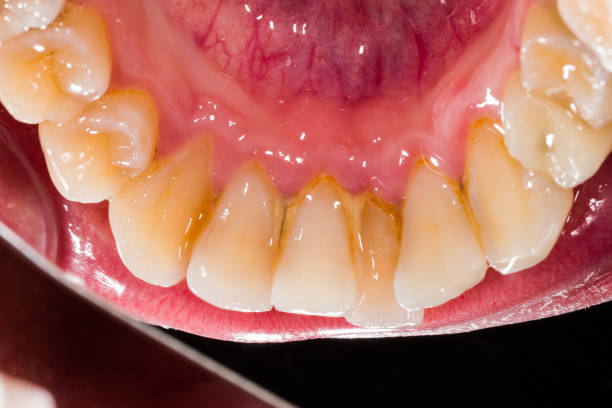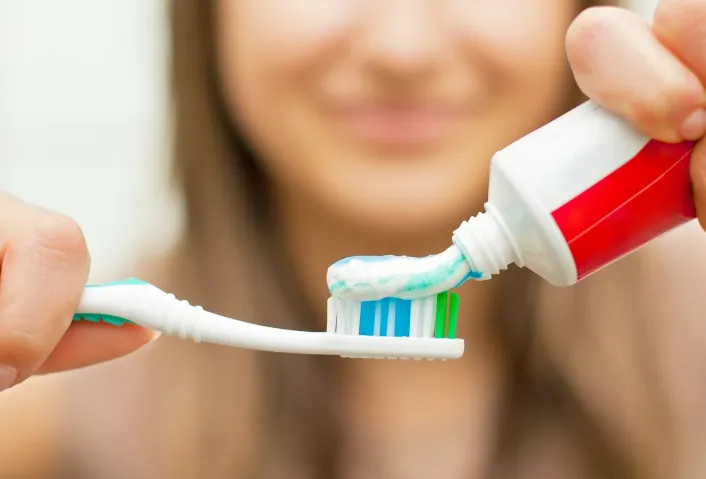Dental infections are no joke. Not only can they be extremely painful, but they can also lead to more serious health problems if left untreated. Luckily, there are a few simple things you can do to help avoid them. In this article, we’ll discuss three ways to avoid dental infections: by brushing your teeth properly, using a toothbrush with soft bristles, and replacing your toothbrush regularly.
What is dental plaque and how does it cause infection?

What is dental plaque and how does it cause infection? Dental plaque is the film of bacteria which constantly forms on teeth. When plaque is not taken out, it can mineralize and become tartar. Tartar is much more difficult to remove than plaque and can cause gum disease. Gum disease leads to inflammation and can eventually destroy the bone that supports the teeth.
The best way to brush your teeth to avoid infection

The best way to brush your teeth to avoid infection is to brush them at least twice a day. This will help remove plaque and bacteria from your teeth and gums. It’s also important to use a toothbrush with soft bristles. Hard bristles can damage your gum tissue and make it more susceptible to infection. You should also replace your toothbrush every three months. Fluoride toothpaste can also help prevent tooth decay.
The worst foods for your teeth and how they cause infection

The worst foods for your teeth are those that create an environment for bacteria to thrive, those that are acidic and erode tooth enamel, and those that are sticky and difficult to remove.
Sugar is the number one enemy of teeth, as it creates an ideal environment for bacteria to grow. When bacteria mix with sugar, they produce acids that can eat away at tooth enamel. This process is called demineralization, and it makes teeth more susceptible to decay and infection.
Acidic foods can also damage tooth enamel. While some acids are necessary for good dental health (such as those found in fruits and vegetables), there are some others that can be harmful. Carbonated beverages, energy drinks, citrus fruits, and tomato-based products are all acidic and can erode tooth enamel over time. This makes teeth more susceptible to infection and decay.
Sticky foods are also difficult to remove from teeth, which can lead to plaque build-up. Plaque is the sticky film of the bacteria that constantly forms on teeth. When the plaque is not taken out, it can mineralize and become tartar. Tartar can cause gum disease, which leads to inflammation and can eventually destroy the bone that supports the teeth. Sticky foods include candy, cookies, cake, dried fruit, and chips.
Coffee, tea, and alcohol can also all lead to increased risk of dental infection. Coffee and tea contain tannins that can stain teeth and make them more difficult to clean. Alcohol dries out the mouth, which reduces saliva production. Saliva is important for keeping the mouth clean and preventing bacterial growth.
Periodontist and cosmetic dentists often recommend avoiding these foods and drinks when possible to reduce the chances of developing dental decay and other problems.
Other recommended posts
